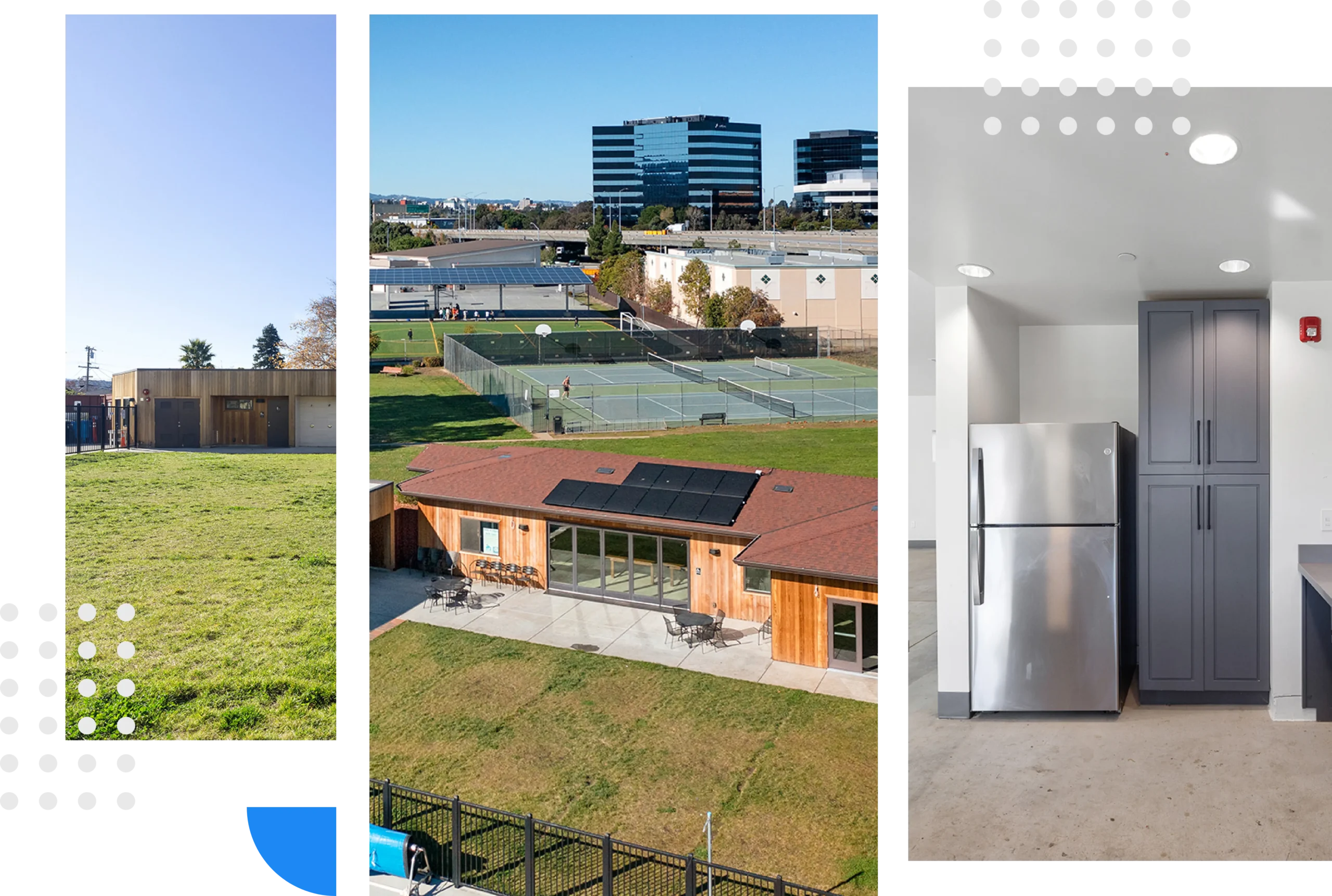It’s important to know the track record of the contractor you choose so you can be sure your project is in the right hands. Check the company’s online reviews, browse their portfolio of past projects and consult the BBB website for any documented complaints.
Communication is arguably the most critical element of any construction project – not only between the crew but also between the contractor and the client. Be sure to clearly communicate your expected outcomes and remain in contact with the project manager throughout the duration of the project.
Being on the same page with your contractor can help your project progress smoothly, minimize errors and ensure that the outcome is what you expected. Talk with your contractor to ensure that the budget you’ve set for your project is realistic and in line with what you hope to achieve, and work with the designer until you’re completely satisfied with the project design.
Though the contractor is typically responsible for all permitting and documentation, it’s important that as the project owner, you also have a record of all documentation pertaining to your project. This will help you avoid any problems should any complications arise.
No matter how well a project is planned and executed, sometimes things happen unexpectedly that can affect the project schedule. Talk to your project manager prior to starting the project to plan for possible delays or setbacks.
While project owners are always encouraged to periodically check on the progress of their project, it’s important to allow the team to do the work that they’ve trained to do. Arrange periodic walkthroughs with your project manager and be sure to follow their safety instructions carefully.

